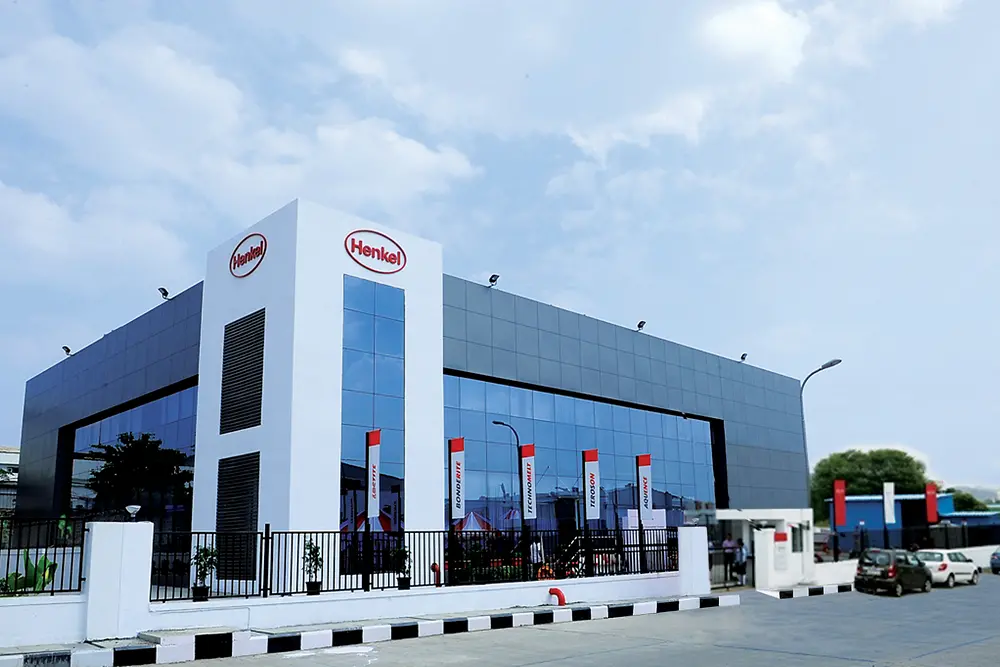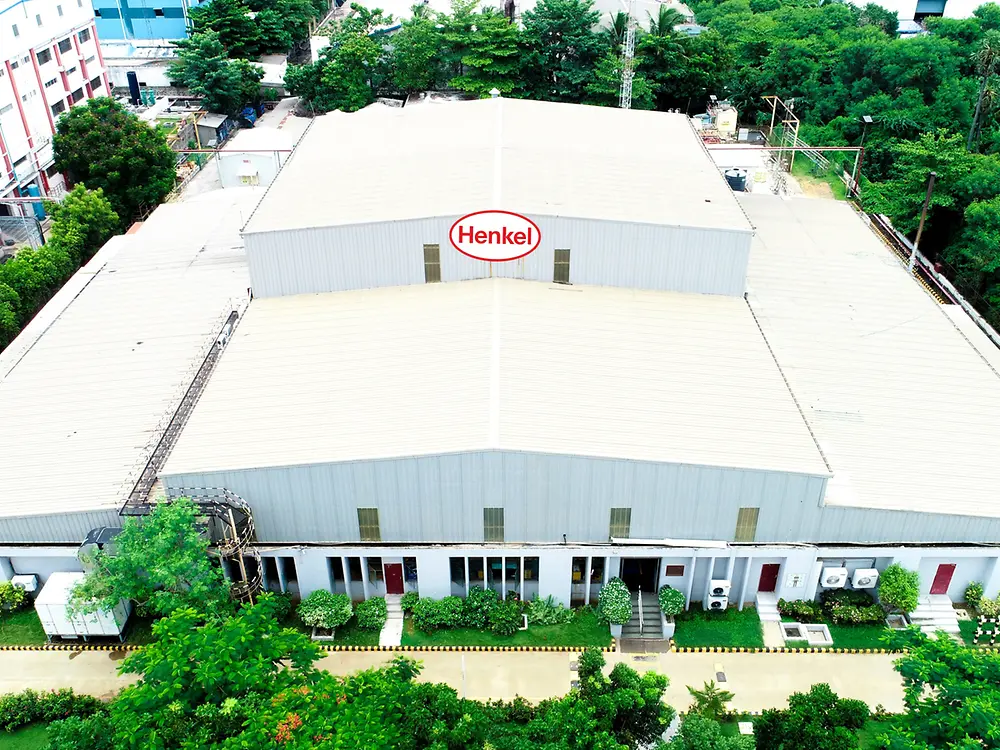Henkel’s Adhesive Technologies plant in Chennai, India, has achieved carbon neutrality, marking a significant milestone in the company’s ambitions to become climate positive across its global operations by 2030. The Adhesive Technologies factory in Tuzla, Turkey and the Chennai production site are the first two Henkel facilities across the India, Middle East and Africa region to be carbon neutral.
The switch to zero carbon footprint was achieved at the Chennai plant by drawing electricity from on- and offsite renewable energy sources, along with the deployment of energy efficient solutions such as LED lighting, smart motion sensors and natural lighting. By achieving carbon neutrality at its Chennai site, Henkel covers scope 1 and 2 of the Greenhouse Gas (GhG) protocol, the world's most widely used greenhouse gas accounting standards.
Henkel will transform all of its production sites in India into carbon neutral sites by 2030, sourcing 100 per cent of its electricity from renewable sources, and reducing the use of fossil carbon sources through state-of-the-art technologies.
Simon Ulmann, VP Operations & Supply Chain IMEA said, “By achieving carbon neutrality in Chennai, we have made a clear and tangible commitment towards our global sustainability goals. We recognise the urgent need to reduce our environmental impact and are taking significant steps towards achieving a more sustainable future.
“Our 2030+ Sustainability Ambition Framework sets out our three long-term ambitions – to support regenerating the planet; help communities to survive, and to be a trusted partner. Achieving carbon neutrality in Chennai – and also Tuzla – is a significant benchmark in our journey towards these goals.
“To be amongst the first Henkel operations in the IMEA region to achieve carbon neutrality is a great achievement, and we hope to inspire our customers, partners and stakeholders to join us in our efforts to reduce carbon emissions and the impact of climate change.”
Suneel Aggarwal, Plant Manager, Henkel Chennai, added, “It is important that we reduce our environmental impact and we are proud to have achieved carbon neutrality at the Chennai plant. We analysed all areas of the business, and upgraded the fossil fuel heater to an electrical temperature control unit; replaced the conventional boiler with an upgraded electrical version; and by installing on-site PV Rooftop Solar, Power Purchase Agreements & iRECs we provide the plant with electricity from renewable energy sources.”
Henkel is pursuing ambitious goals to make its production processes climate positive by 2030 as part of its global strategy for a more sustainable tomorrow. By 2025, the company aims to reduce the carbon footprint at its production sites worldwide by 65 per cent compared to the base year 2010 and to date, this has already been reduced by 55 per cent per ton of product. By 2030, Henkel is working to generate 100 per cent of electricity required from renewable sources. Today, the share of renewable electricity at Henkel is already 68 per cent. In addition, the company aims to replace the last remaining fossil fuels in production with climate-neutral alternatives, such as biogas. To become climate-positive, Henkel will also supply surplus CO2-neutral energy not required for its own purposes to third parties.







